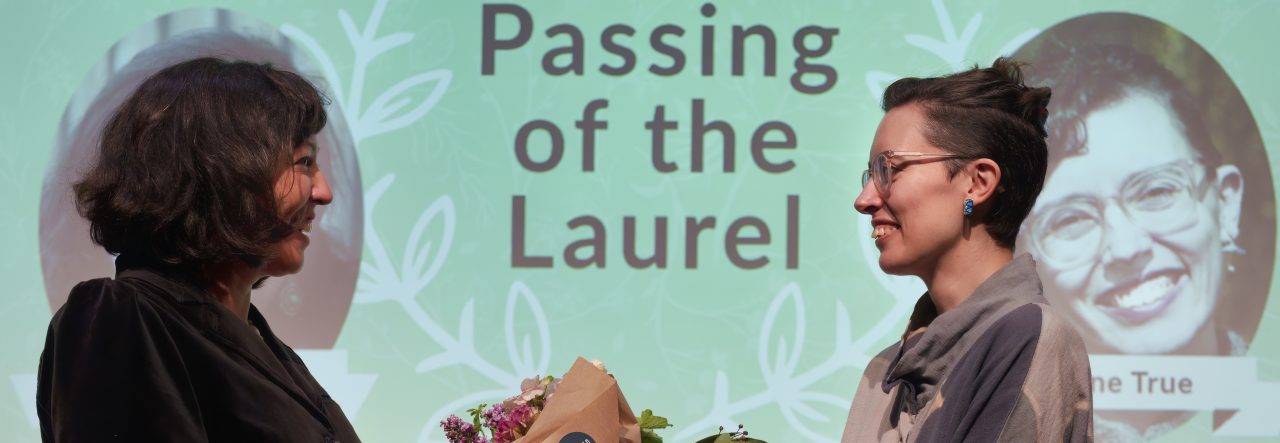
This week libraries across the country are celebrating National Library Week. We all have read, or heard, stories of how libraries have literally saved people’s lives. Those lives were perhaps mired in difficulty and libraries offered a way to engage with new ideas, imagine possibilities and experience lives different than their own.
Growing up in El Salvador I did not have any public libraries. I knew there was a National Library in San Salvador, the capital. There were probably libraries in larger towns, but they were not easily accessible nor part of the collective consciousness. My father and mother, both teachers, were avid readers so I was lucky to have many books at home. They showered me with books they thought useful for me to read. They signed me up for a Book-of-the-Month Club through which I read Jules Verne, Mark Twain, Juan Ramón Jímenez, and many of the Western classics. It was not until the fourth grade when I attended a school run by American Maryknoll nuns that I had access to a children’s library for the first time. The excitement on library day was palpable. Every week we selected a book of our choosing without any adult mediation. Such freedom.
Libraries are mothers of love in my opinion. Everyone is welcome to the books on their shelves and the worlds, ideas and feelings within them yield their riches equally to all who take the time to read them. With our taxes we contribute to their existence and in turn reap benefits beyond what we individually could afford. Avarice and knowledge hoarding are anathema to public libraries; libraries keep the flame of democracy alive.
The poem that follows is one of three I wrote for Seattle’s Public Library while serving as the city’s Civic Poet. Whenever I share it out loud, I introduce it by saying that I don’t write love poems – or have written very few – but this is definitely one of them.
Ode to Library Books
Because more than ink glints beneath the rails of the printed page
Because like snow flakes, each person’s hands profile unique lines
Because every time a library book is borrowed, lifelines overlay each other
Because borrowed books bear fingerprint constellations on their backs
Because on borrowed pages we leave something of ourselves behind as tender evidence
Because fingerprints remain as glaciers remain in the valleys they carve
Because imagine all the points of connection
Because older hands may yet find their youthful versions on the cover of the same book
And because over the same borrowed book, neighbors not on speaking terms may still shake hands amicably
Because books visit our homes and witness the contents of the bags we carry
Because the trouble we would be in, if library books could talk
Because hand upon hand built the seven wonders of the ancient world
Because in a city of almost a million, chances are we’ll find each other first on the pages of a library book
Because from hand to hand, home to home, library books map the city
Because a hand that turns pages of a book collectively owned feeds a gracious and gentle thing, a communal spirit whose wings span over park benches, over streets and p-patch plots, affirming dreams and daydreams alike, hatching songs that pour and cycle over us all — like spring’s pollen and winter’s rain.


Reblogged this on NO TALKING DOGS PRESS and commented:
Library Love from Claudia Castro Luna, WA State Poet Laureate
Yes, I love libraries and trail builders. (They have a lot in common.)
Exquisite and true!
Reblogged this on Abbie's Corner of the World and commented:
In celebration of National Library Week, here’s a post from Washington’s poet laureate. What do you remember about your local public library when you were growing up? How has it changed since then? Do you think public libraries are important? I hope so.